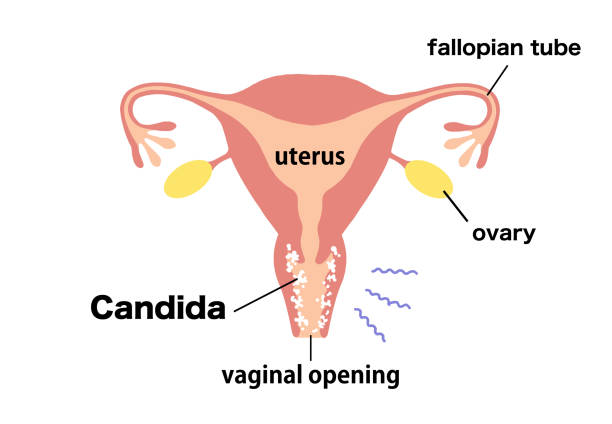Chlamydia is a common sexually transmitted infection (STI) caused by the bacteria Chlamydia trachomatis. It is the most commonly reported bacterial STI in the United States and is highly contagious. Chlamydia is most common in young adults, especially those between the ages of 15 and 24.

Symptoms of Chlamydia
Chlamydia is often referred to as a “silent” infection because many people do not experience any symptoms. However, when symptoms do occur, they may include:• Abnormal vaginal discharge
• Painful urination
• Pain during intercourse
• Lower abdominal pain
• Bleeding between periods
• Burning or itching in the genital area
If left untreated, chlamydia can cause serious health problems, including pelvic inflammatory disease and infertility in women.
Diagnosis and Treatment
Chlamydia is diagnosed by testing a sample of fluid from the vagina, penis or rectum. It can also be detected through a test of the urine. Treatment for chlamydia usually involves a course of antibiotics, such as doxycycline or azithromycin. It is important to take all of the medication prescribed by your doctor, even if the symptoms go away.
Prevention
The best way to prevent chlamydia is to practice safe sex by using a latex condom during sexual activity. It is also important to get tested for chlamydia and other STIs regularly.
If you are sexually active, it is important to talk to your partner(s) about their sexual health, as well as your own. This can help to ensure that both of you are taking the necessary precautions to protect yourself and your partner from STIs.
Conclusion
Chlamydia is a common STI and it is important to be aware of the risks and the symptoms. If you are sexually active, it is important to practice safe sex and to get tested regularly. If you have chlamydia, it is important to take all of the medication prescribed by your doctor, even if the symptoms go away.












